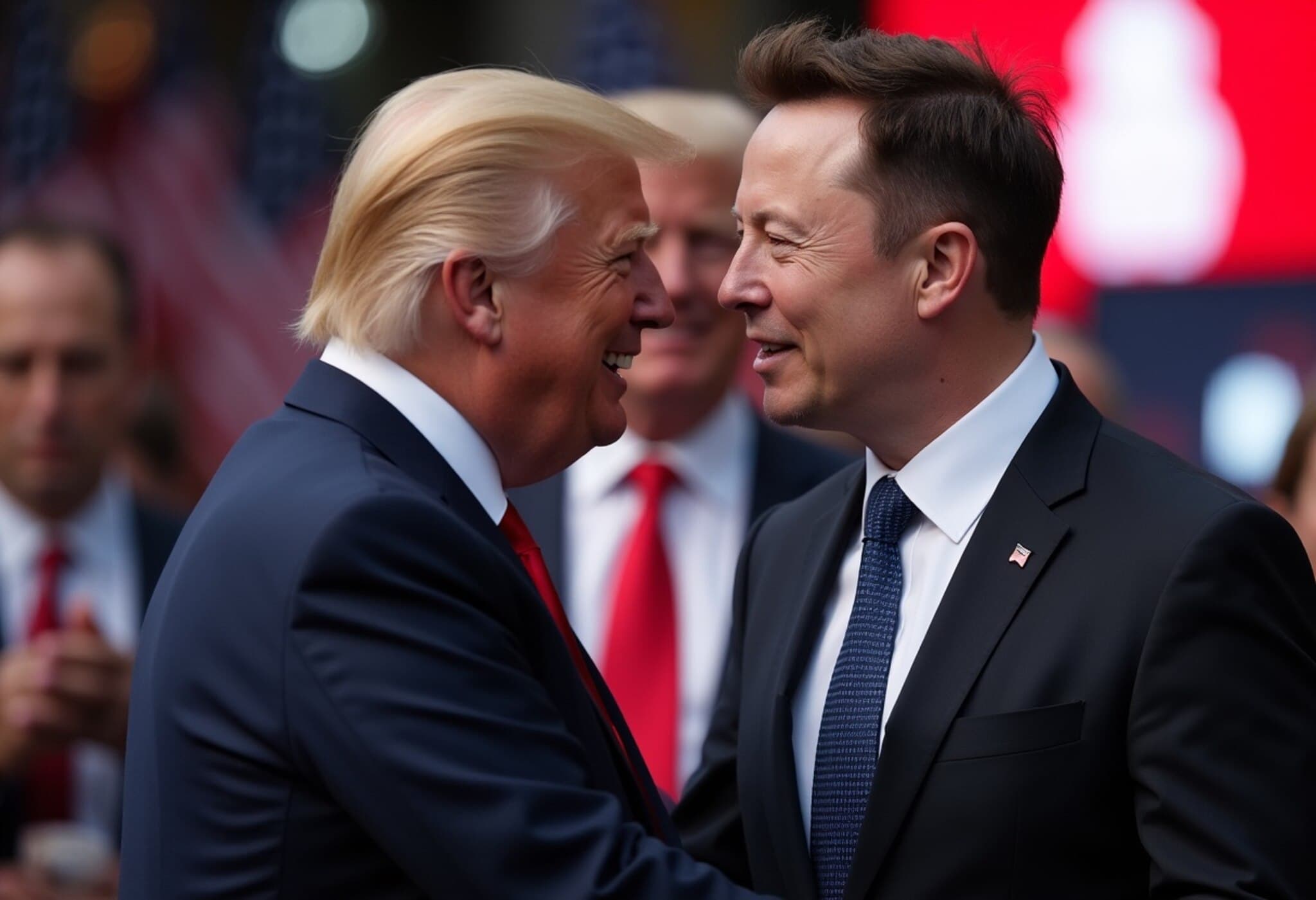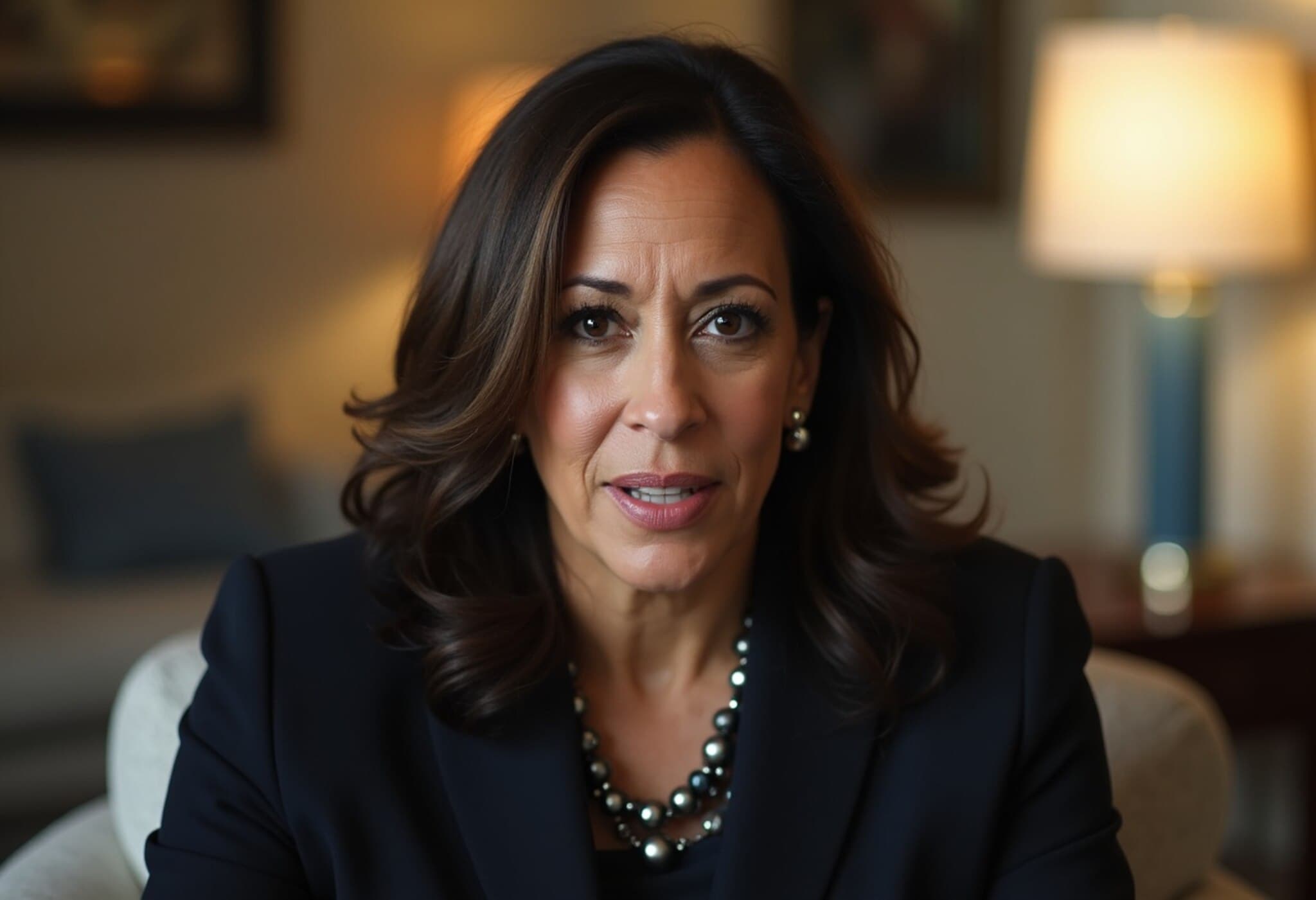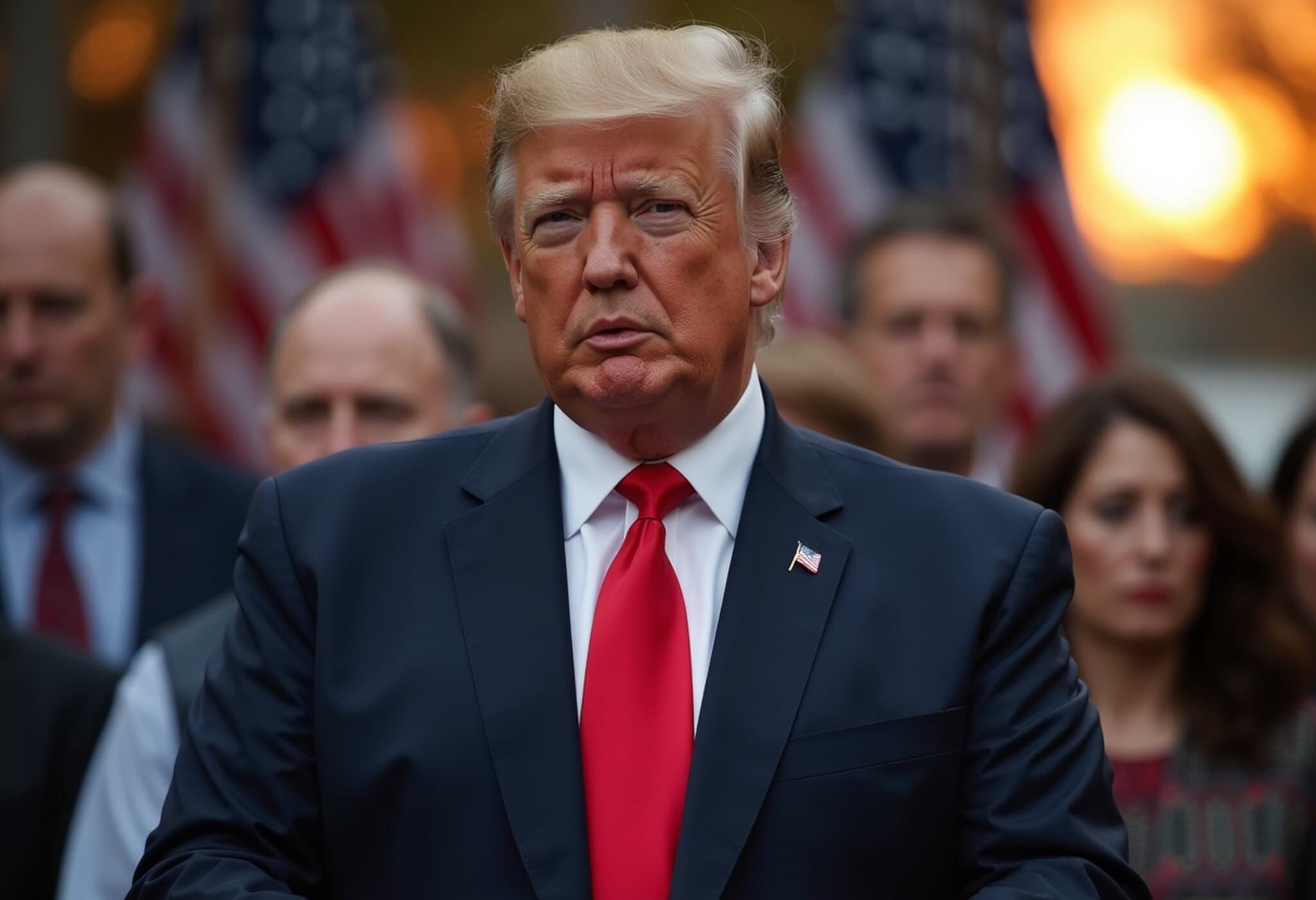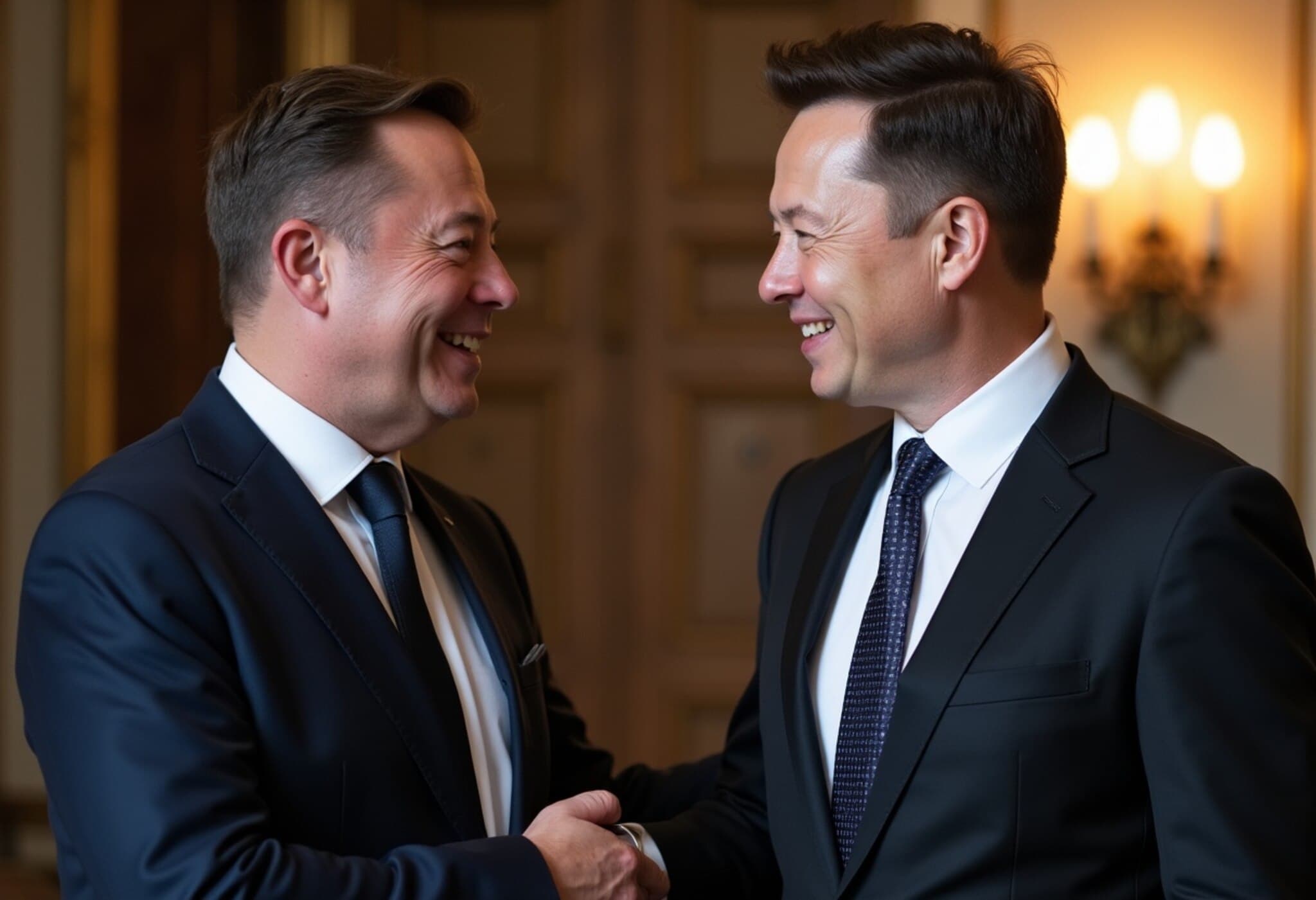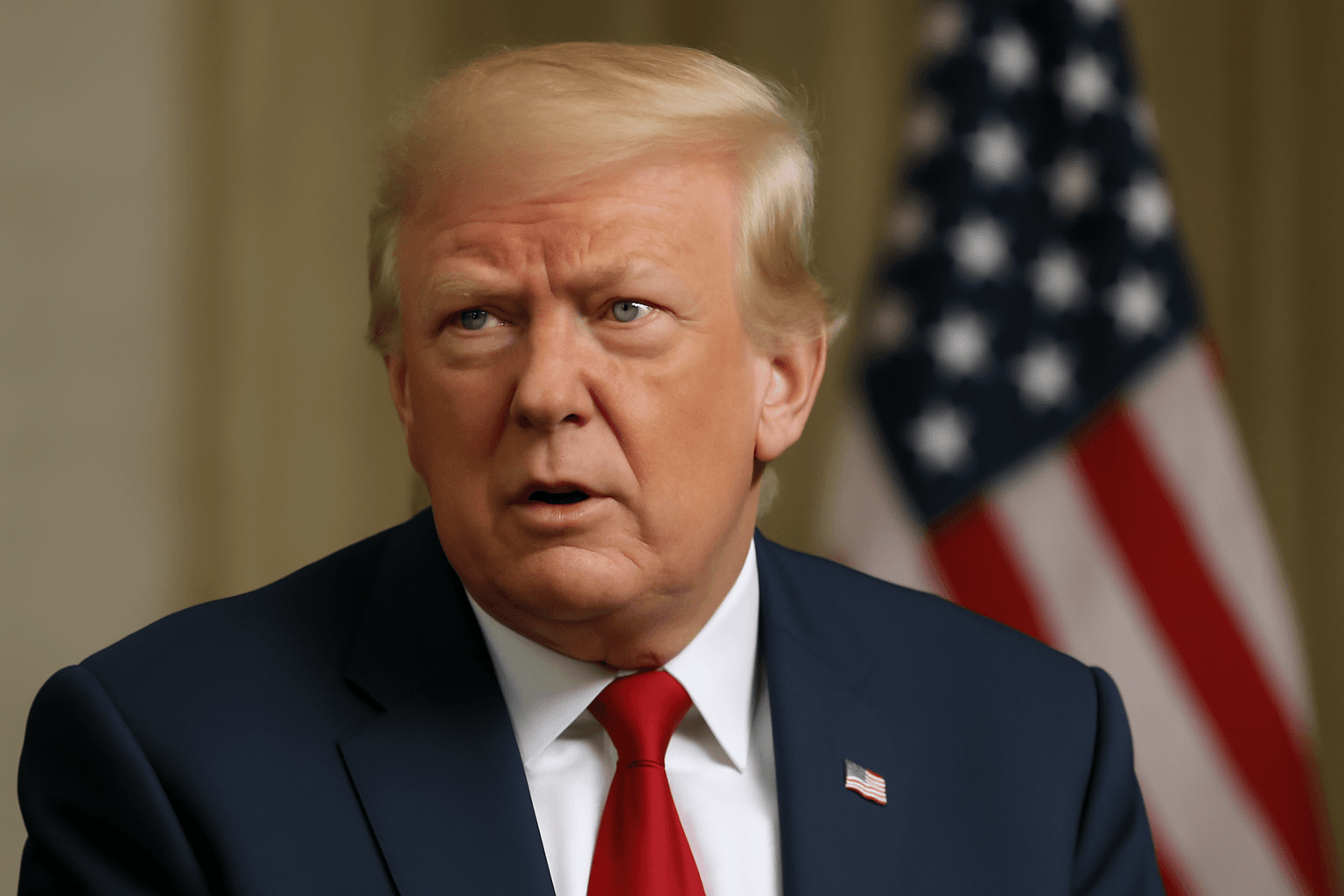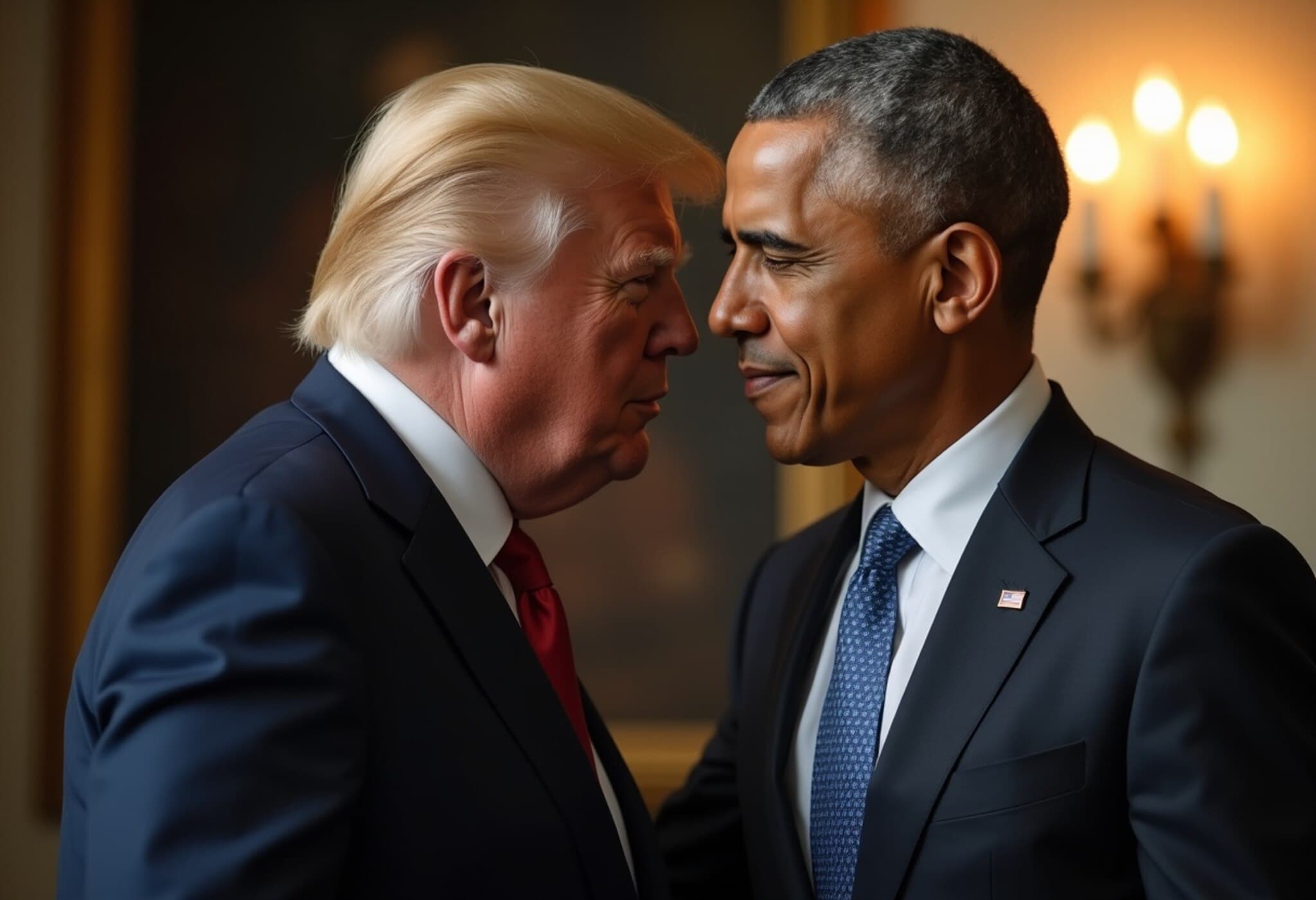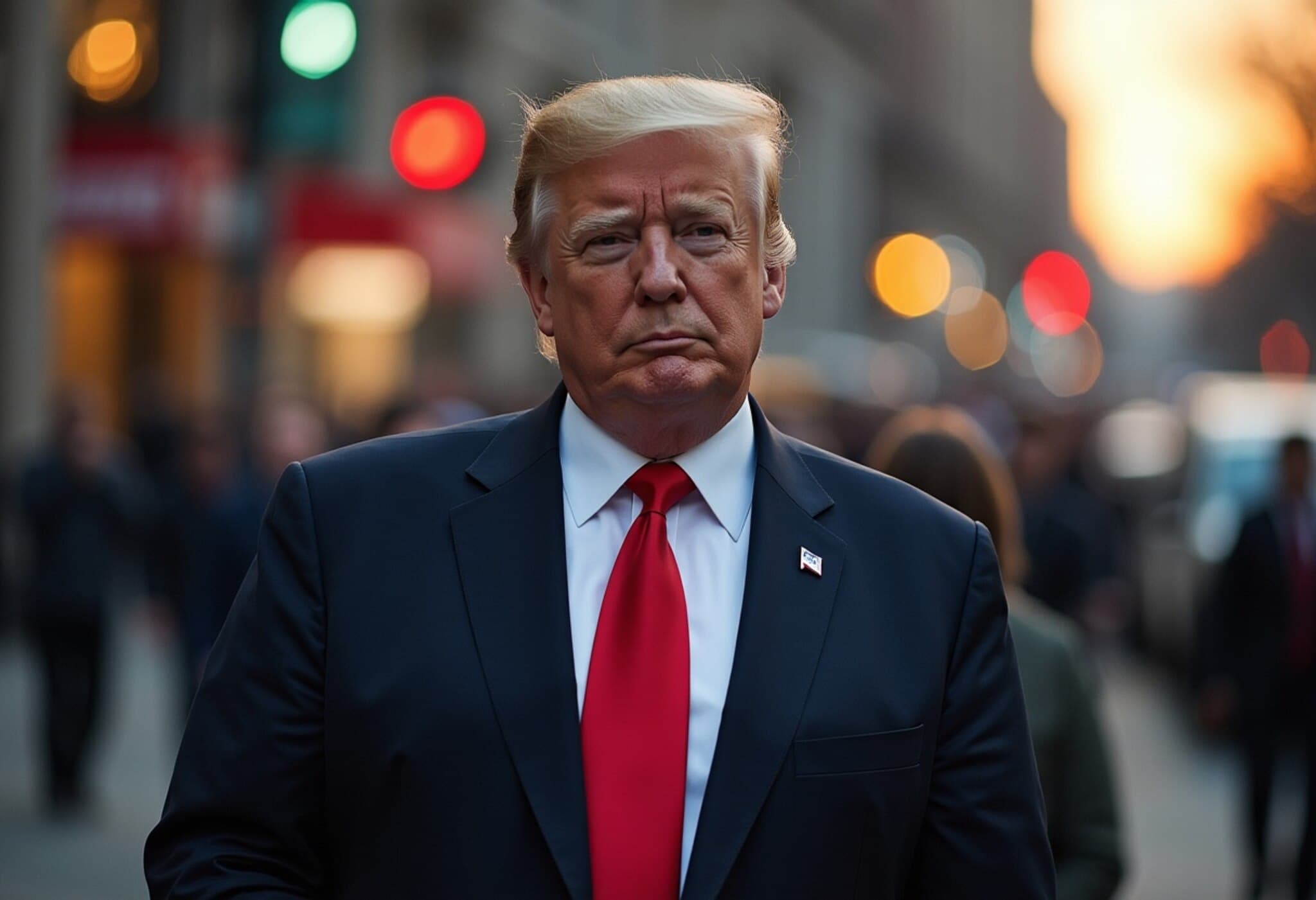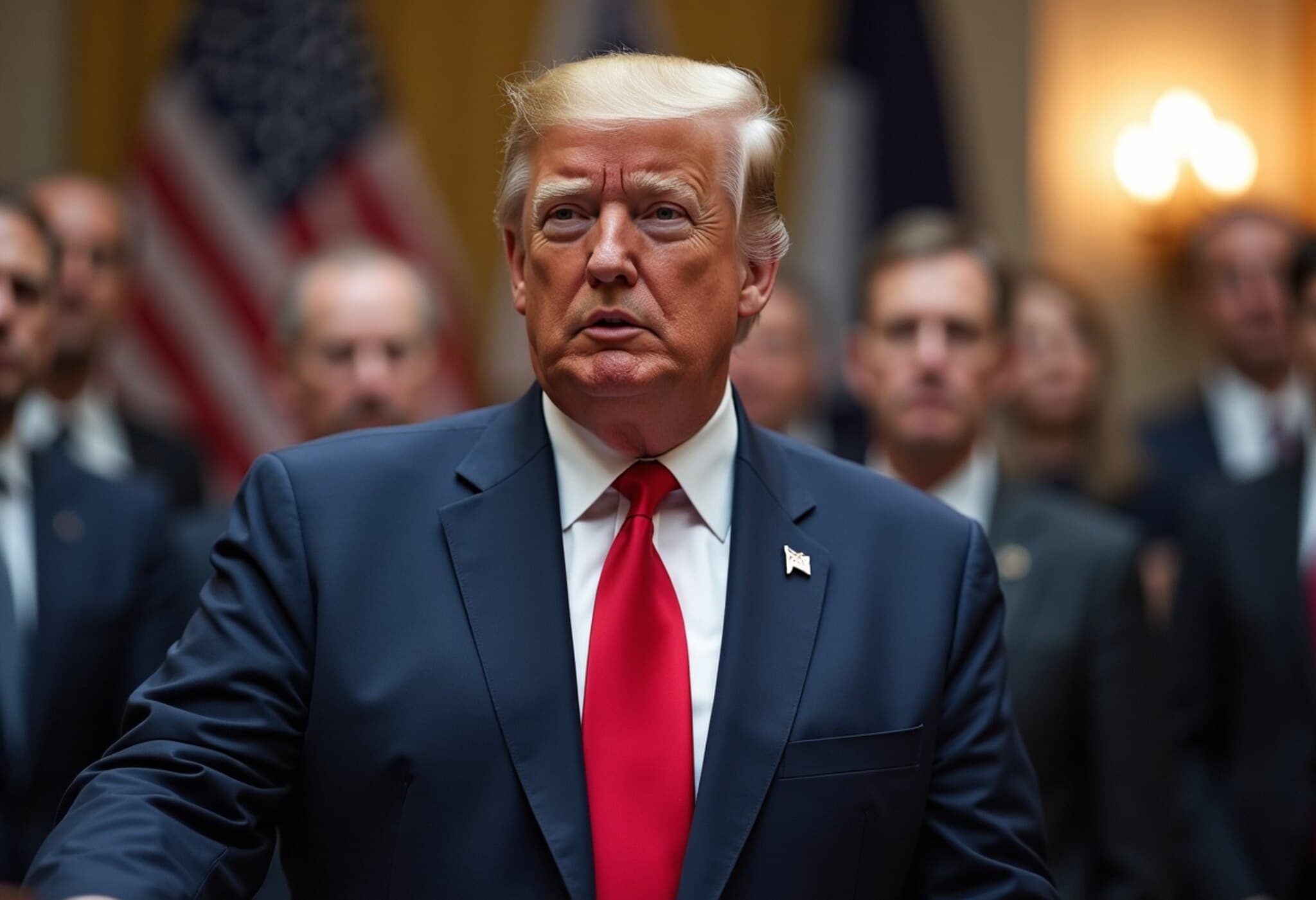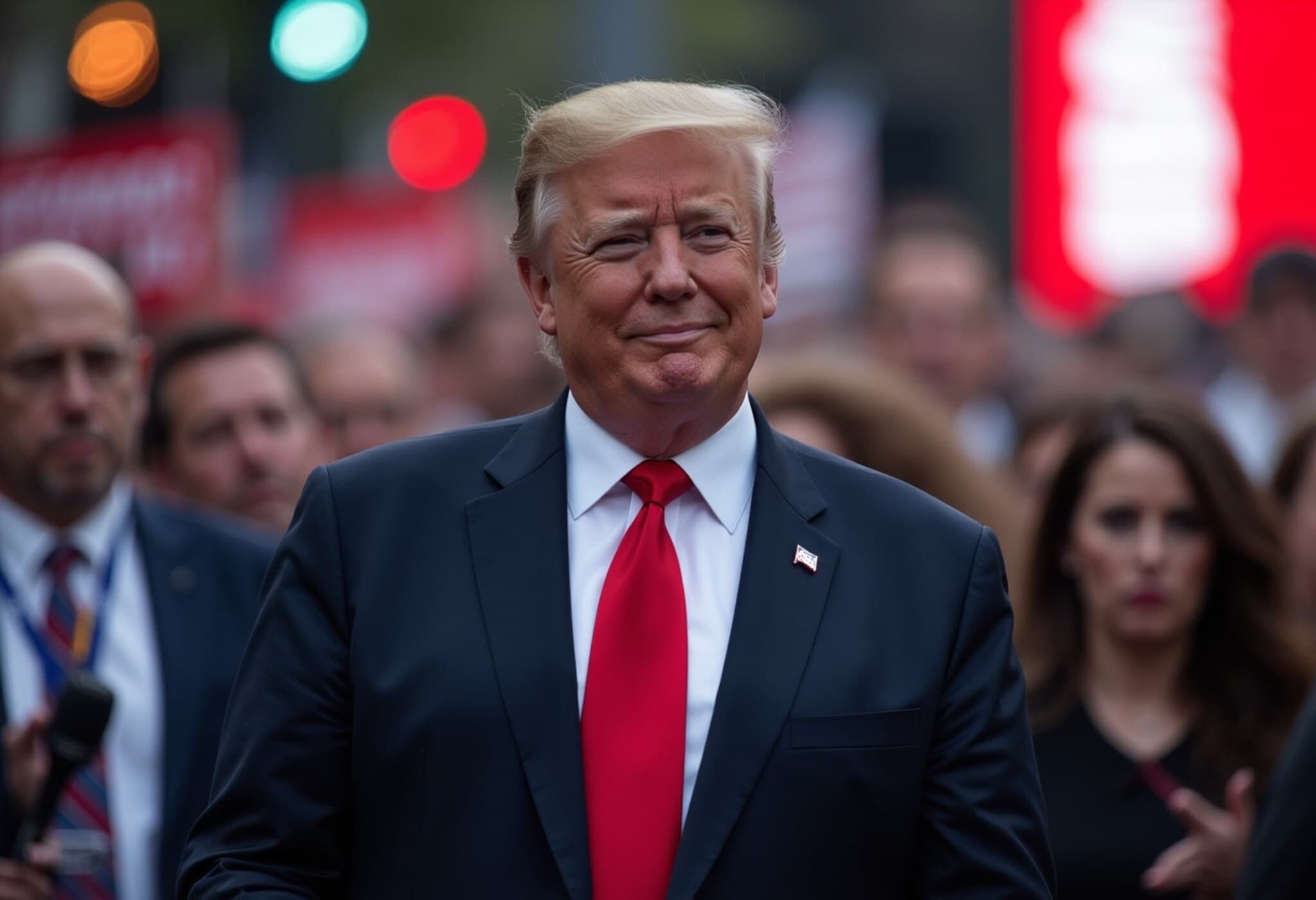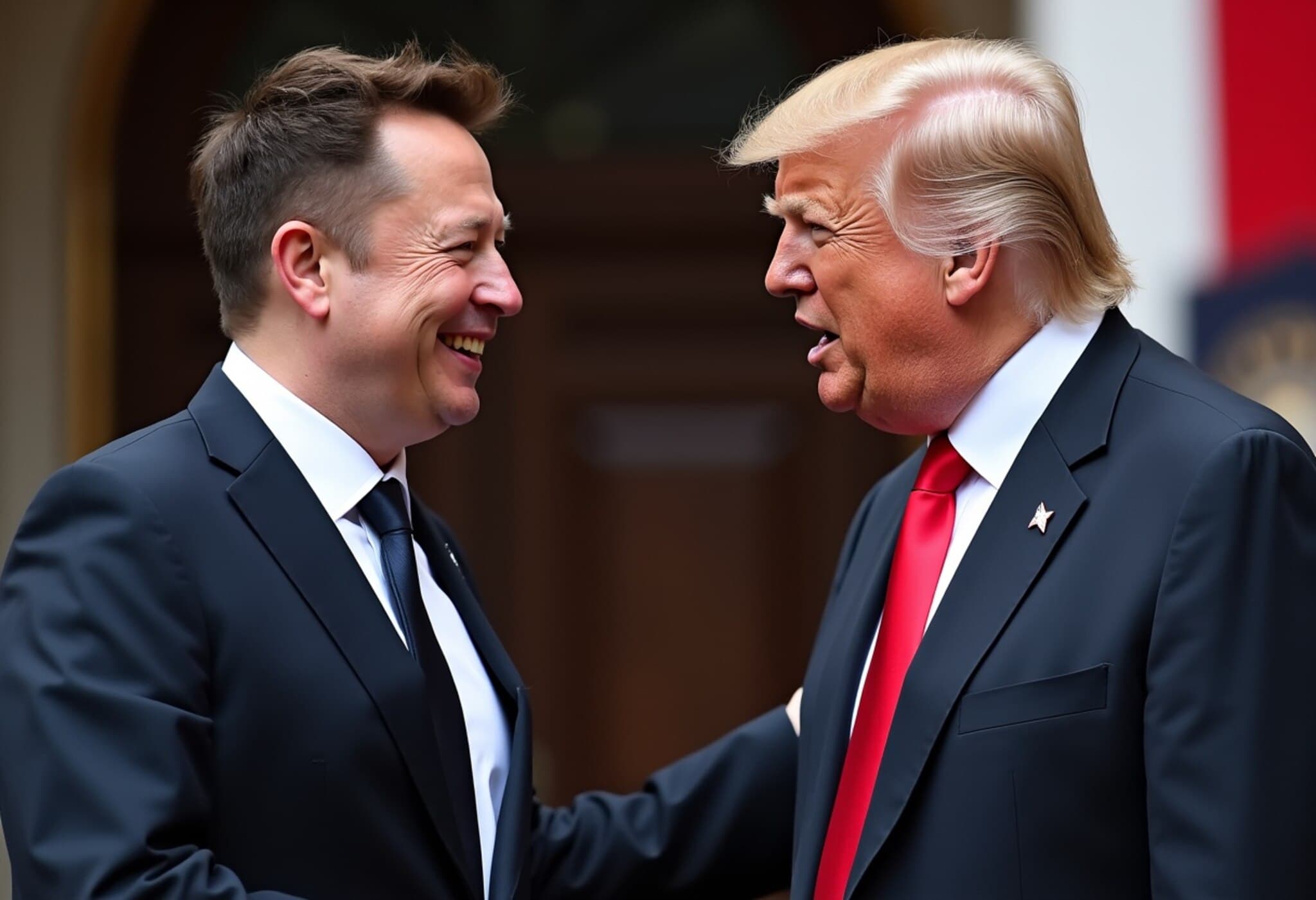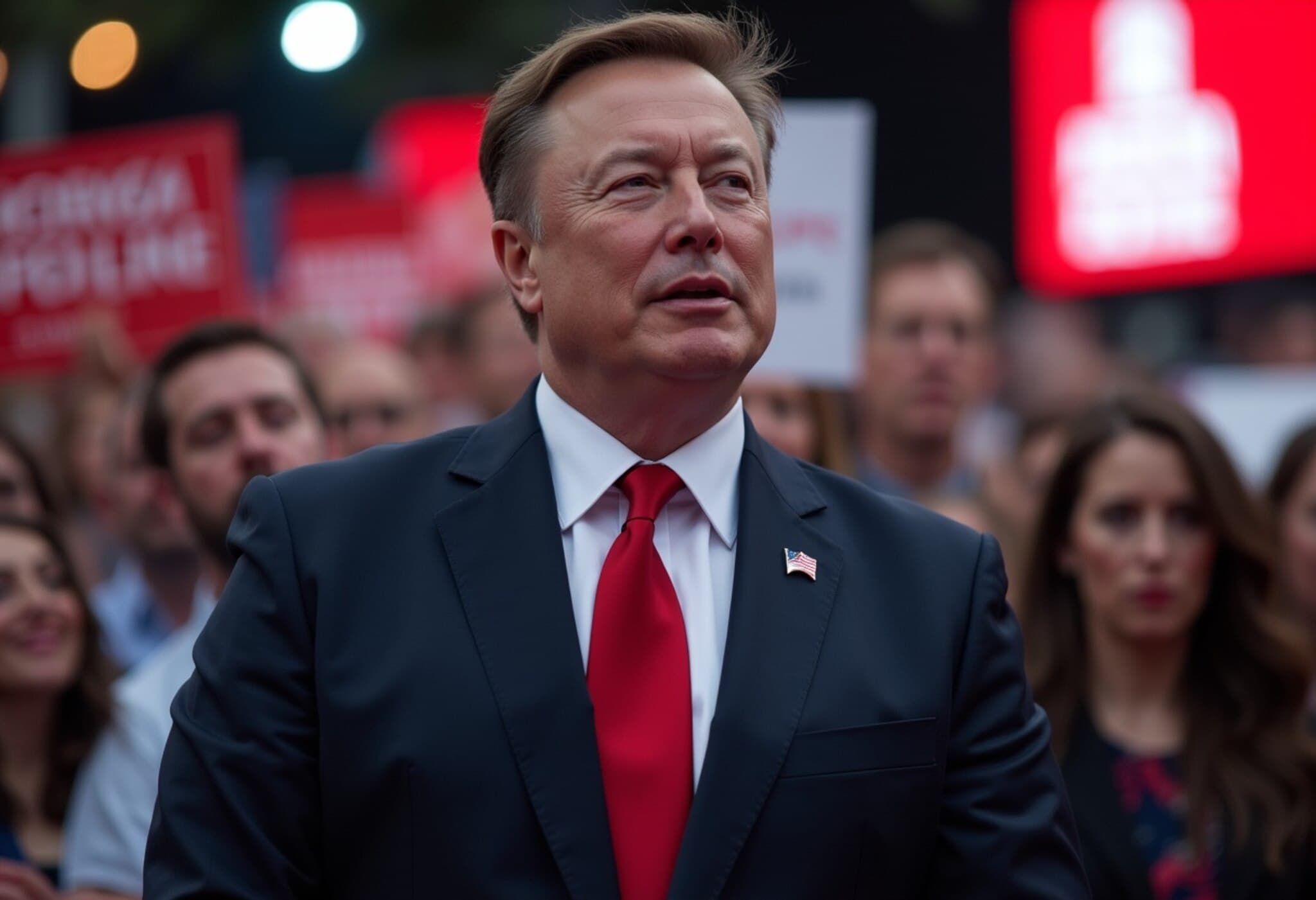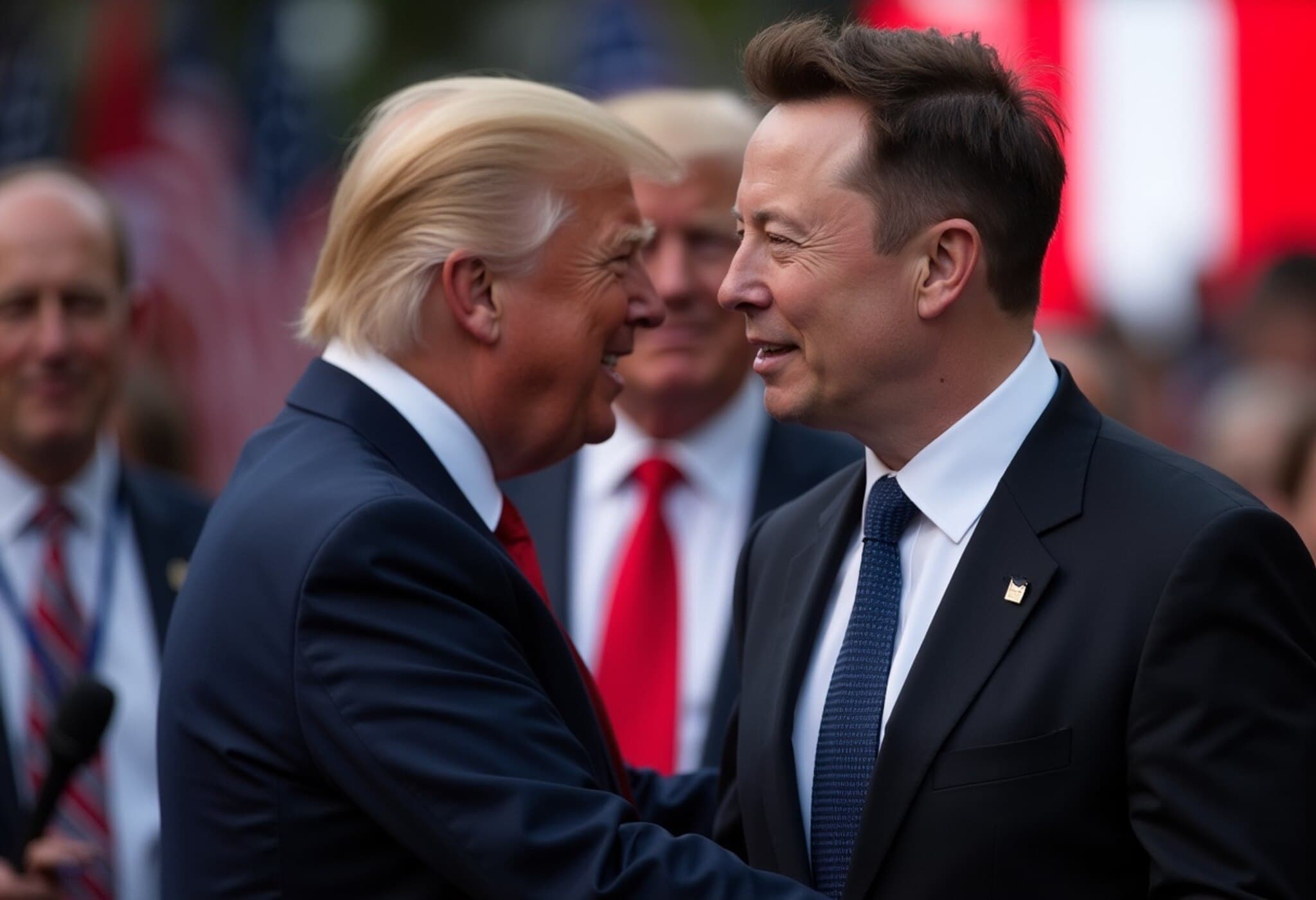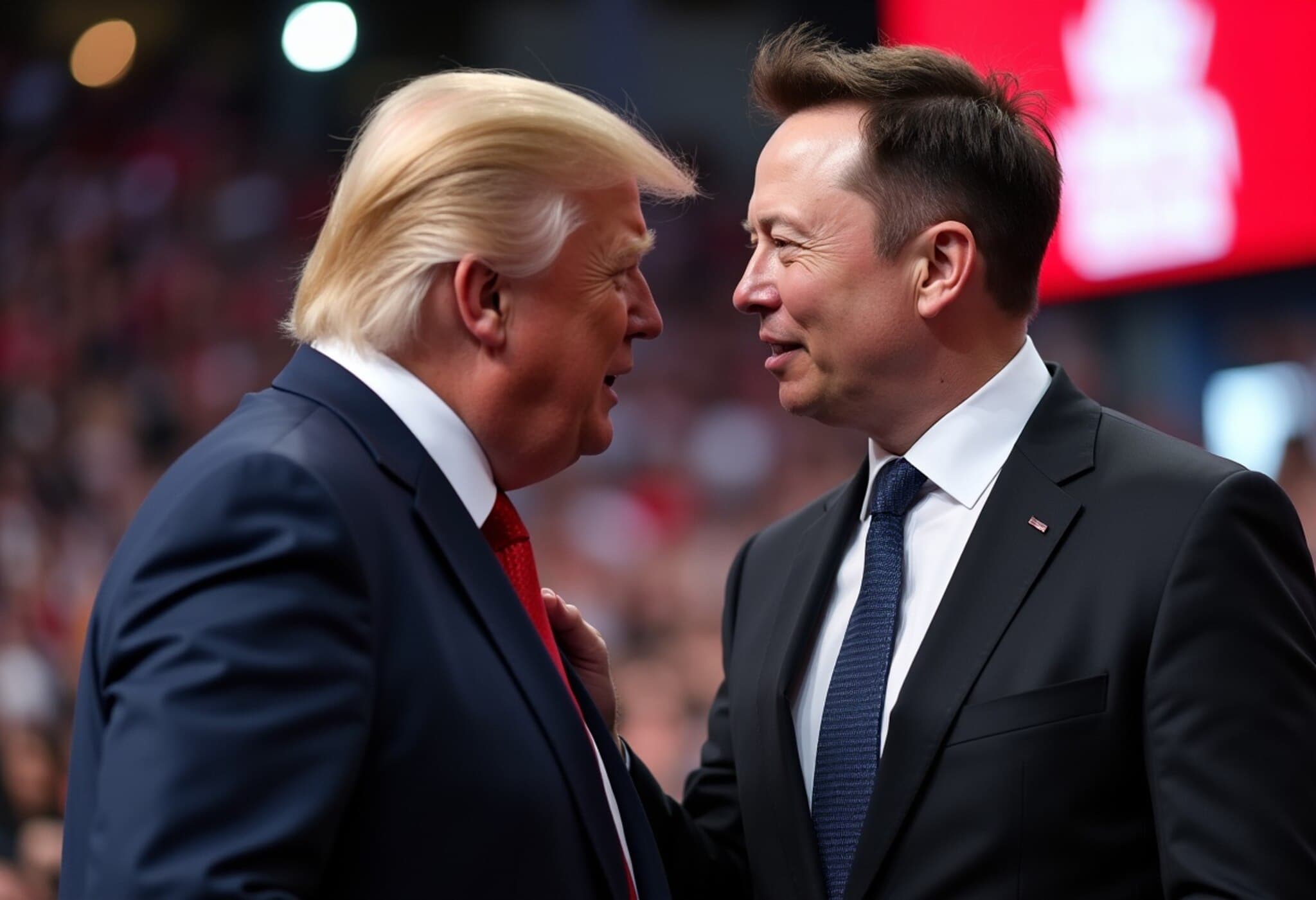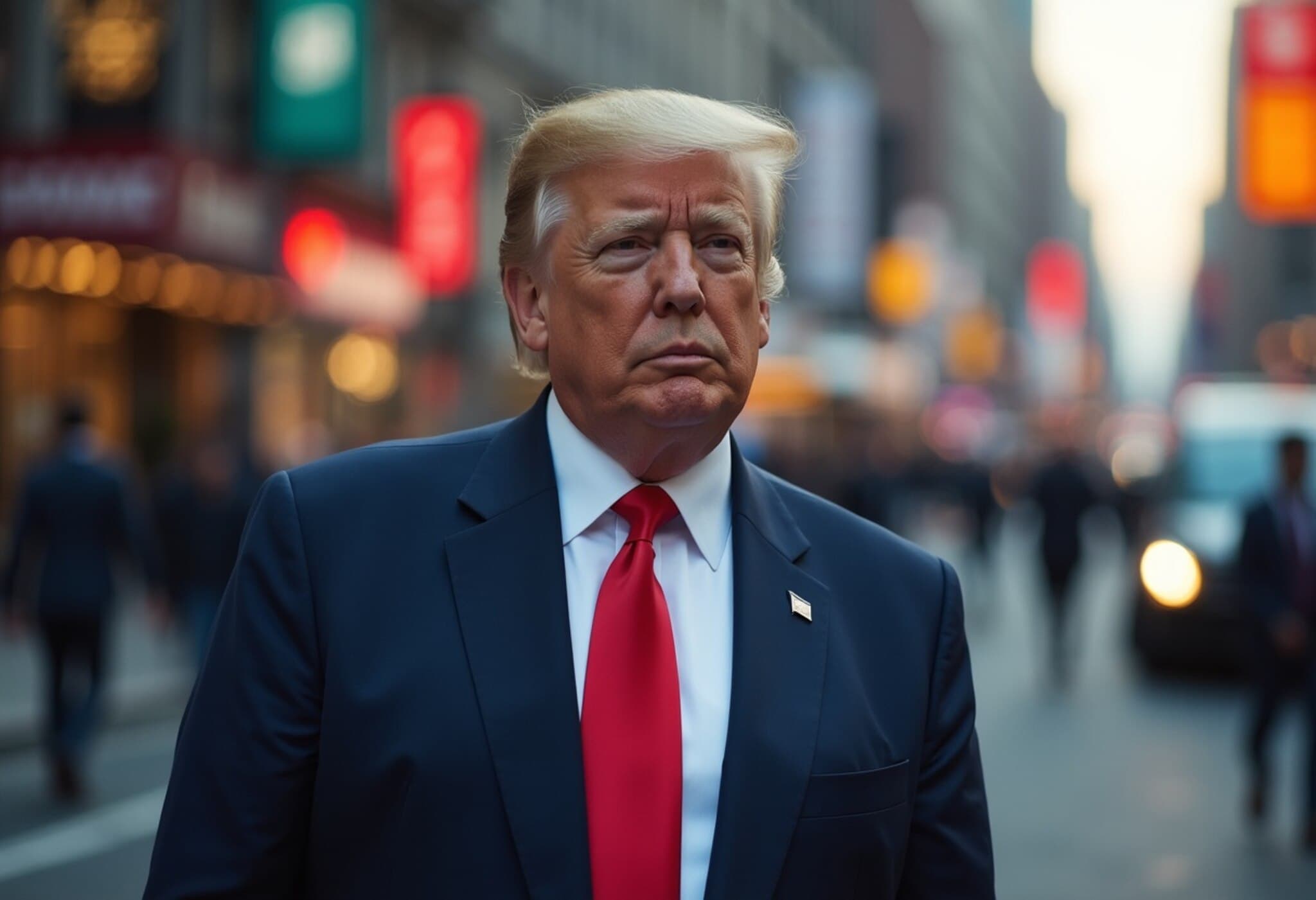Trump Slams Elon Musk for Launching a Third Political Party
In a striking political development, former U.S. President Donald Trump sharply criticized Tesla CEO Elon Musk following Musk’s announcement of a new political entity, the "American Party." Musk unveiled this new party with the expressed intent to challenge the entrenched two-party system and confront fiscal policies he claims are leading the country toward economic peril.
From Allies to Adversaries: A Rift Over Fiscal Policy
Just months after a seemingly amicable relationship—with Musk having supported Trump’s 2024 re-election campaign and even receiving a government appointment to lead the Department of Government Efficiency (DOGE)—relations have soured dramatically. The catalyst? A bitter dispute over Trump’s recent tax and spending bill which Musk contends could bankrupt the nation.
Trump responded on his platform Truth Social, expressing disappointment and astonishment: "I am saddened to watch Elon Musk go completely 'off the rails,' essentially becoming a TRAIN WRECK over the past five weeks." The former president warned that third parties historically catalyze disruption and chaos in an already fragile political landscape.
Why the ‘American Party’?
Elon Musk took to X (formerly Twitter) to announce, "By a factor of 2 to 1, you want a new political party and you shall have it! Today, the America Party is formed to give you back your freedom."
This party emerges as a direct response to deep differences with both major parties, particularly criticizing the Republican and Democratic approaches to spending, taxes, and regulations. Musk’s public advocacy against Trump’s Electric Vehicle (EV) Mandate—which would require swift adoption of electric vehicles—highlighted one specific point of contention.
Political and Economic Implications
- EV Mandate Repeal: Trump signed a bill on July 4th ending tax credits for EV buyers, a move he said Musk was made aware of before endorsing him.
- Potential Market Impact: Musk’s pivot into active politics has rattled investors; James Fishback, CEO of Invest Azoria, postponed an ETF launch tied to Tesla, expressing concerns over Musk’s divided focus.
- Questioning Leadership Focus: Critics warn Musk’s new political squeeze could detract from his leadership of Tesla, raising governance and shareholder apprehensions.
Looking Beyond the Headlines
This unfolding saga casts a spotlight on the evolving role of business moguls in American politics, raising fundamental questions: Can a single individual effectively balance leading a global company with steering a political movement? And does the advent of a new political party signal growing public disillusionment with the longstanding two-party system, or is it a recipe for further electoral fragmentation?
Moreover, Musk’s American Party taps into a wider cultural dialogue about freedom, government intervention, and economic stewardship—issues that resonate deeply across the American electorate.
Expert Commentary
Political analysts emphasize that third parties in U.S. history have rarely achieved lasting success but often influence discourse and policy indirectly. Professor Laura Chen, a political science expert at Georgetown University, notes, "While the American Party may struggle electorally, its platform could force both Republicans and Democrats to rethink their approaches, especially on innovation and fiscal responsibility. Musk’s role blurs the lines between corporate influence and political activism in unprecedented ways."
Summary
Elon Musk’s formation of the American Party has ignited a sharp rebuke from Donald Trump, fracturing a recent alliance and injecting fresh complexity into an already turbulent political environment. The clash encapsulates broader tensions about America’s future path on governance, technology, and economic policy.
Editor’s Note
This episode between two of America’s most influential figures shines a light on the growing intersection between business leadership and political ambition. As the American Party aims to reshape political dynamics, it prompts a critical reflection: How will emergent movements within American democracy balance innovation and stability without deepening polarization? Readers are encouraged to follow this developing story, considering both the immediate impacts and long-term implications on U.S. governance.

